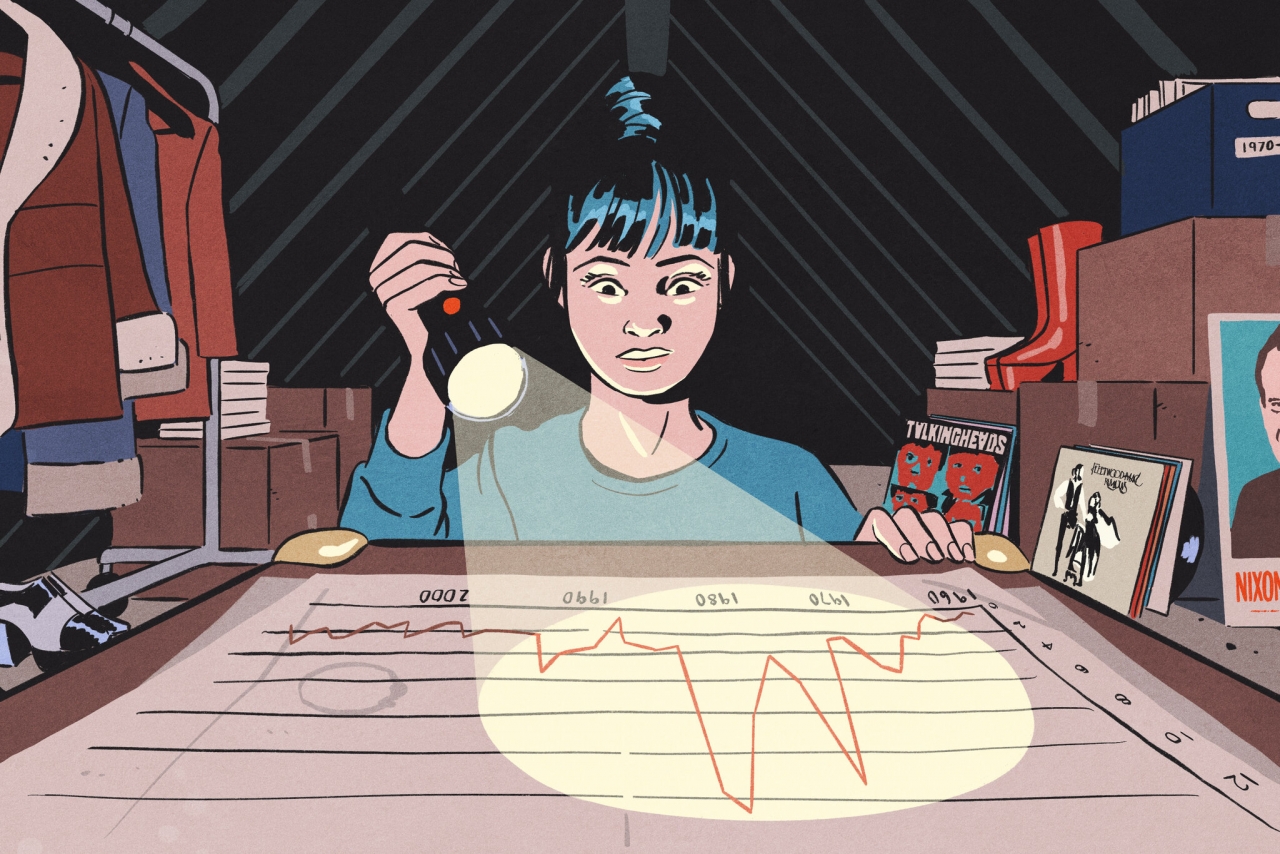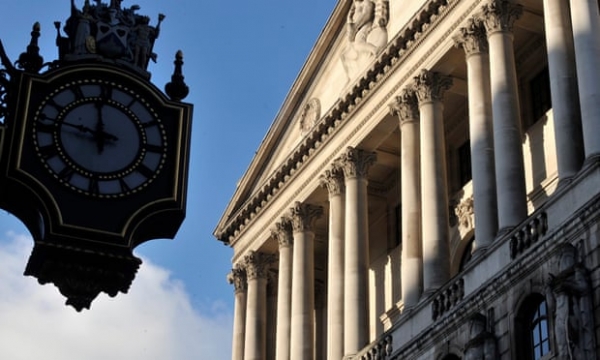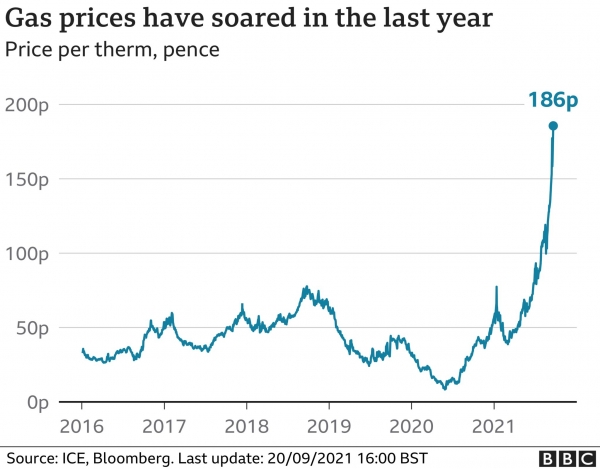The old lady of thread needle street had an extremely hawkish* meeting yesterday. The Base rate rose 25 basis points to 0.5%, still at historically low levels. However 4 members of the Monetary Policy Committee (MPC) voted to raise rates by 0.5bp!
The reason is obvious to all and sundry, the worryingly high and systemically prevalent rate of inflation. Just over a year ago, the BOE had predicted inflation of 2% for this year, the actual figure is expected to top 7%. The combination of energy price rises and food inflation is hitting the disposable income of the middle class more than at any time since these metrics were recorded in 1990.
This is likely to create a reduction in our disposable income of 2%, but and I must point this out families with lower income levels are disproportionately impacted by these reductions as a far greater percentage of their income is allocated to essentials such as heating and food.
What’s more and what isn’t mentioned by the MPC is the danger of wage spirals, we are in a situation with record job openings, wage rises being offered across a large range of industries and strong inflation. If employers begin offering more to attract new workers and offset the high inflation this could impact their spending and in turn increase inflation, something that last occurred in the 1970s and resulted in extreme stock price falls, large rate hikes were utilised to control the situation.
Interestingly the 1970s inflation issue was bought on by a period of extremely accommodating monetary policy, to ensure maximum employment and a buoyant economy. Does that sound familiar from the last 15 years. One hopes that this isn’t the cost of the unprecedented monetary easing and indeed money printing undertaken by the globes central banks, but I would not bet against it.
For home owners, the disposable income fall aside, it would be prudent to reassess your debt profile, possibly consolidate anything into 5 or 10 year fixed rate mortgages and move assets to cash in the short to medium term to benefit from the likely interest rate rises and negative stock market moves.
For the housing market, the affordability of debt is still historically low and that will do little to rein in the current pricing. Indeed in the UK the house shortage continues with North Hertfordshire in particular missing their new home building goal by 45%, again supporting prices. But needless to say these economic headwinds will eventually have an impact, it is a matter of how far behind the inflation curve the bank of England are as to if they will have to raise rates to levels that would be unhealthy for property pricing.
Written By
Spencer Bullard
Abode Town & Country
Partner
* (hawks fly high just like the rate rises which are coming)







Share this with
Email
Facebook
Messenger
Twitter
Pinterest
LinkedIn
Copy this link